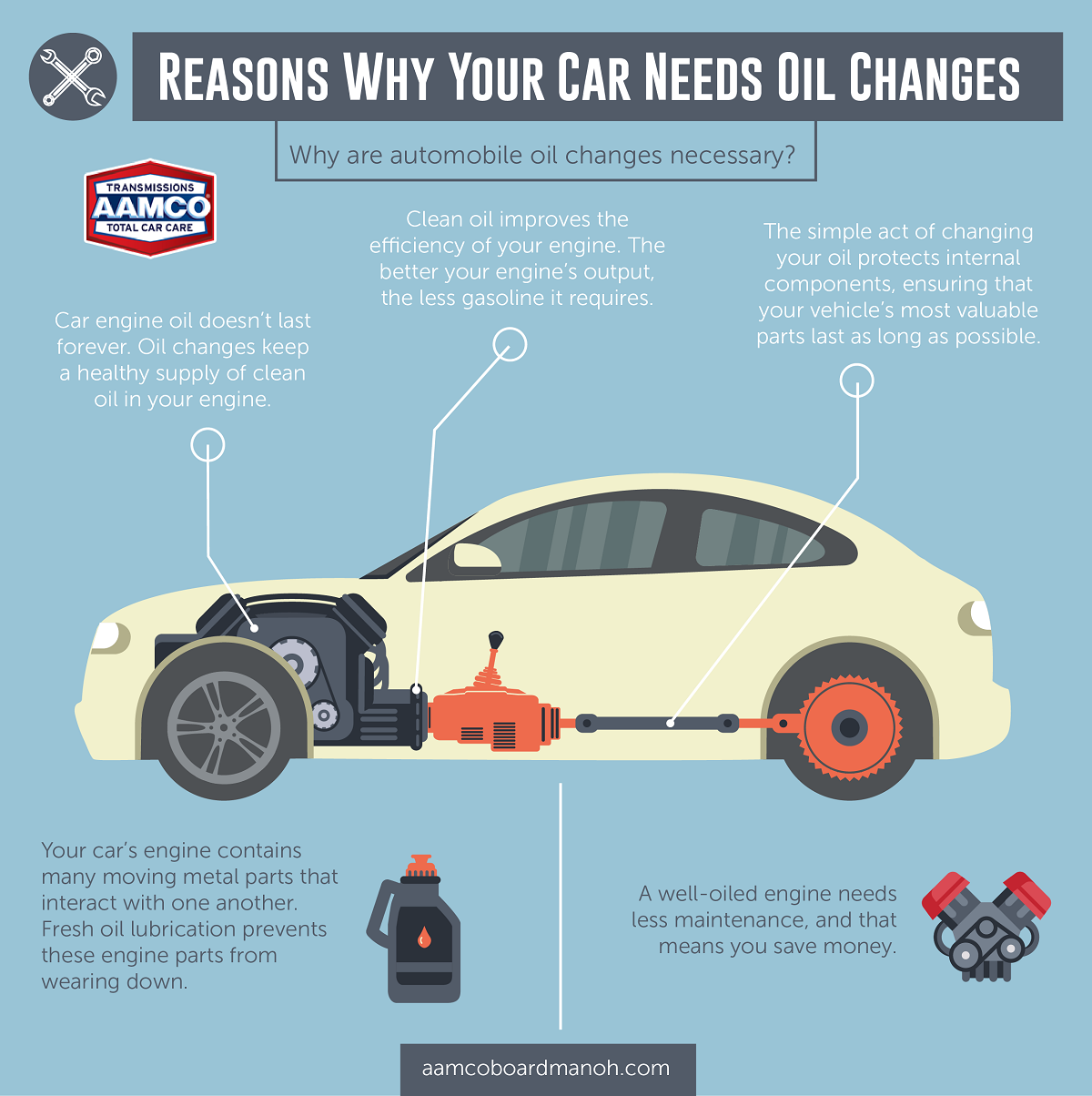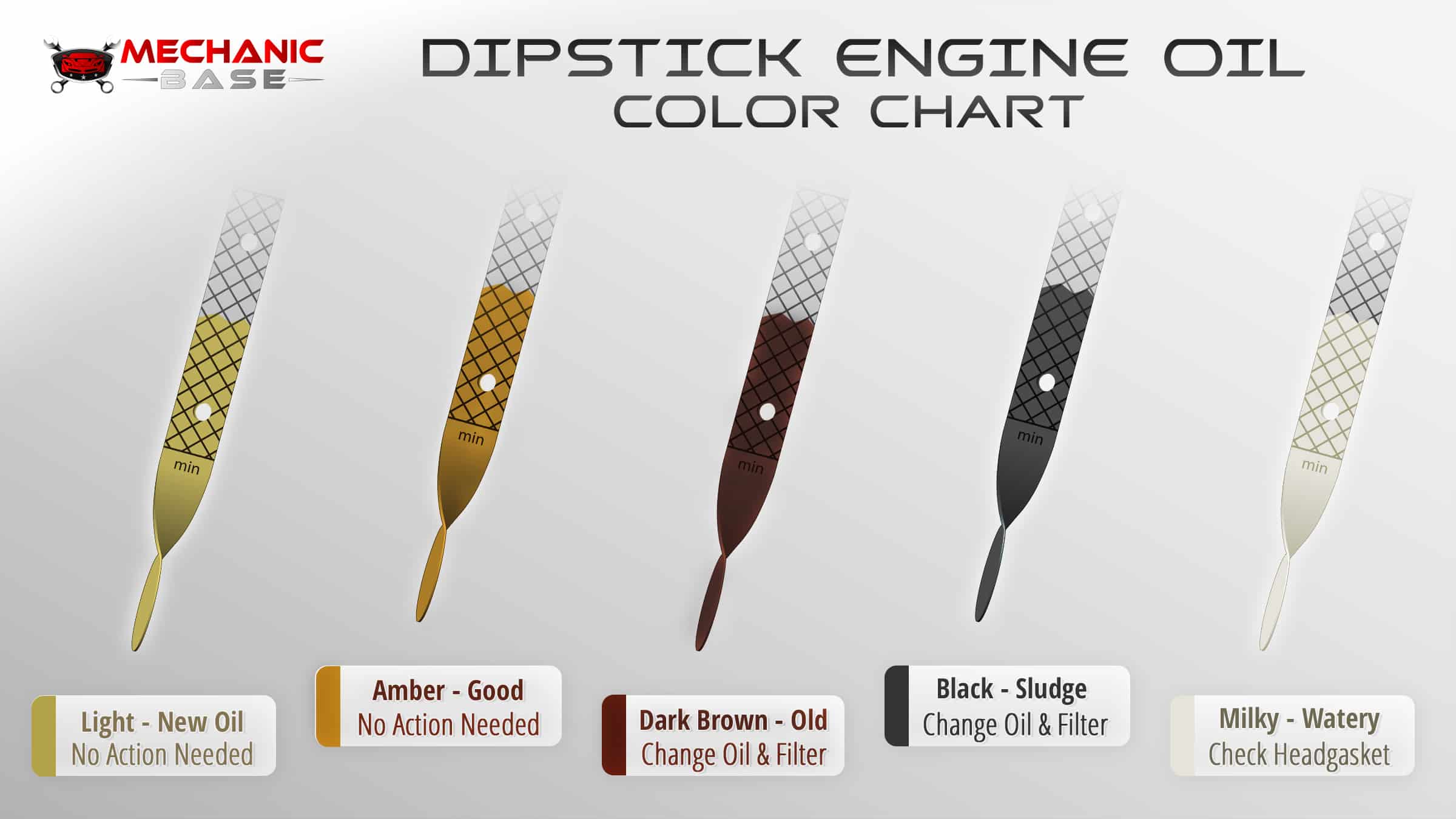How to Determine the Correct Oil for Your Car
Imagine driving your car smoothly, knowing that you’ve chosen the perfect oil to keep its engine running efficiently. But how do you know which oil is right for your vehicle? This comprehensive guide will shed light on the factors that determine the ideal oil for your car.
Determining Engine Oil Viscosity

The viscosity of engine oil refers to its thickness or resistance to flow. It’s essential to select the oil with the right viscosity for your car’s engine. Too thick an oil can impede oil flow, causing engine damage, while too thin an oil won’t provide adequate lubrication. Check your vehicle’s owner’s manual for the recommended viscosity grade.
Understanding Oil Type

Engine oils are classified into three main types: conventional, synthetic, and semi-synthetic. Conventional oils are derived from refined crude oil and offer basic protection. Synthetic oils are engineered with advanced additives and provide superior performance in terms of wear protection, extended drain intervals, and extreme temperature resistance. Semi-synthetic oils combine the benefits of both conventional and synthetic oils.
Consulting the Owner’s Manual

Your vehicle’s owner’s manual is an invaluable resource when determining the correct oil for your car. It typically specifies the recommended oil type, viscosity, and fill capacity for your engine. Refer to the manual to avoid any confusion or potential damage to your engine.
Checking Manufacturer Specifications

In addition to the owner’s manual, you can also check the specifications provided by the car manufacturer on their website or through their dealership. These specifications often include detailed information about the oil requirements for your specific vehicle model and year.
Oil Change History

If you’ve recently purchased a used car, it’s a good idea to inquire about its oil change history. Knowing the type of oil previously used can give you a starting point for determining the correct oil for your vehicle.
Considering Driving Conditions

Your driving conditions can also impact the type of oil you should use. If you frequently drive in extreme temperatures, stop-and-go traffic, or engage in heavy towing, you may need an oil formulated to handle such demands.
Engine Age

As your car’s engine ages, it may require a different oil. Older engines may benefit from thicker oils to compensate for increased wear and prevent leaks. Consult your mechanic or refer to your owner’s manual for recommendations.
Synthetic vs. Conventional Oil

Synthetic oil is generally preferred over conventional oil due to its superior performance and extended drain intervals. It offers better protection against wear, heat, and oxidation, making it a good choice for newer vehicles or those driven in demanding conditions.
Oil Filter Selection
When changing your oil, it’s equally important to select the correct oil filter for your car. The filter captures particles and contaminants from the oil, ensuring its cleanliness. Use the manufacturer-recommended oil filter to ensure optimal performance.
Frequently Asked Questions
Q: How often should I change my car’s oil?
A: Refer to your owner’s manual for the recommended oil change interval based on your driving conditions and vehicle model.
Q: Can I mix different brands of oil?
A: While mixing different brands of oil is generally not recommended, it’s acceptable in an emergency situation. However, it’s best to stick to the same brand and type of oil for consistency.
Q: What happens if I use the wrong oil in my car?
A: Using the incorrect oil can lead to engine problems, such as reduced performance, increased wear, and even engine damage.
Q: Can I use motor oil in my transmission?
A: No, motor oil and transmission fluid are different products with specific formulations for their respective applications. Using motor oil in your transmission can cause damage.
Conclusion of How Do I Know What Oil My Car Takes
By understanding your car’s oil requirements, consulting the owner’s manual, and considering driving conditions and engine age, you can determine the correct oil for your vehicle. Proper oil selection and regular oil changes are crucial for maintaining engine health and performance.